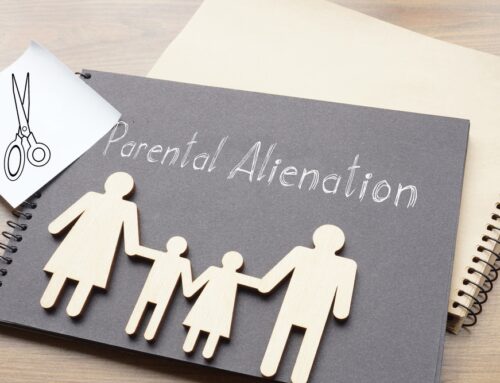As a solicitor with a dedicated family law team, Beeston Shenton understands numerous aspects of issues that arise when changes happen in the family. Often these changes can affect the dynamic of how the family works, and in some cases, a solicitor is required to provide support and legal advice. We often receive questions regarding child maintenance and how it works. In this blog, we’ll explain how the process of child maintenance works, how it’s decided and what the implications are.
What is child maintenance?
Child maintenance is the financial support that is paid by a non-resident parent to the parent who has day-to-day responsibility for a child or children. This money is intended to cover the costs associated with raising a child, such as food, clothing, housing, and other necessities. The responsibility to pay child maintenance arises when parents separate, whether they are married or not.
How is child maintenance arranged and decided?
There are two main ways that child maintenance can be arranged: through the Child Maintenance Service (CMS) or through a private agreement.
The CMS is a government agency that calculates and collects child maintenance payments on behalf of parents. Private agreements, on the other hand, are arrangements made directly between the parents without involving the CMS.
How is child maintenance calculated?
If parents choose to use the CMS, the amount of child maintenance is determined based on a formula that takes into account the non-resident parent’s income. Plus, the number of children, and how much time they spend with each parent. The CMS has the power to enforce the payment of child maintenance and can take action against a parent who fails to pay.
Private agreements are often more flexible than arrangements made through the CMS. Parents can agree on the amount of child maintenance to be paid, the frequency of payments, and any other conditions they wish to include. Private agreements can also take into account factors that the CMS formula does not, such as the specific needs of the child.
Other financial arrangements
Child maintenance payments are separate from other financial arrangements made between the parents. Examples of these include spousal maintenance or division of assets. Child maintenance is intended solely for the benefit of the child, and to help with caring for their needs.
Is there an option to not pay child maintenance?
Parents have a legal duty to provide financial support for their children. Child maintenance is one of the most common ways of fulfilling that obligation. So, failure to pay child maintenance can have serious consequences, including legal action and enforcement measures such as wage garnishment or seizure of assets.
Contact Us
Child maintenance is an important aspect of ensuring that children receive the financial support they need to be supported in the event of parents separating.
Whether arranged through the CMS or a private agreement, child maintenance payments are crucial for covering the costs associated with raising a child. At Beeston Shenton Solicitors, we understand the complexities of child maintenance arrangements and can provide guidance and support to parents navigating this process. If you’d like legal advice on child maintenance from family law experts, please get in touch with us. Call us on 01782 662424 or email us at info@beestonshenton.co.uk




